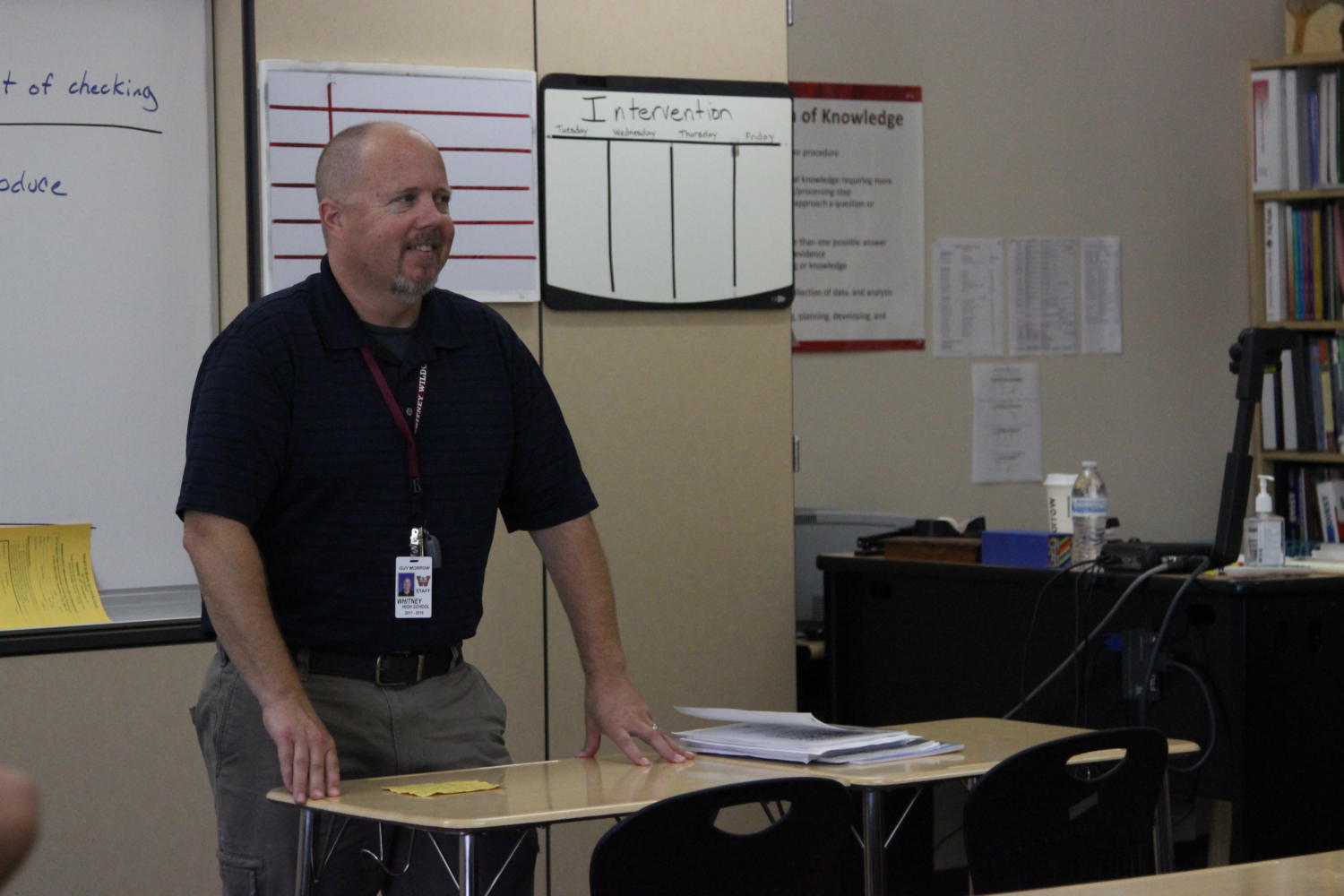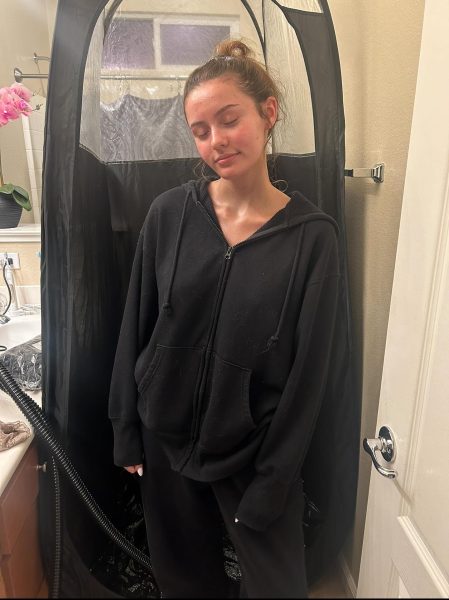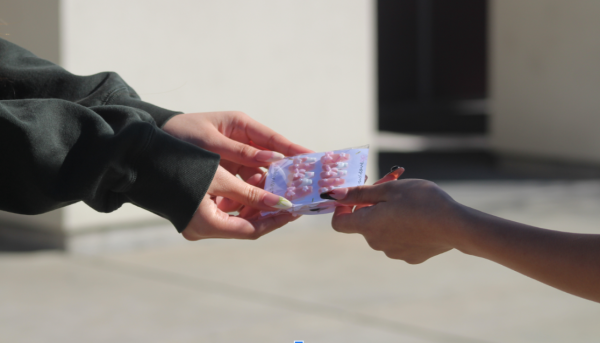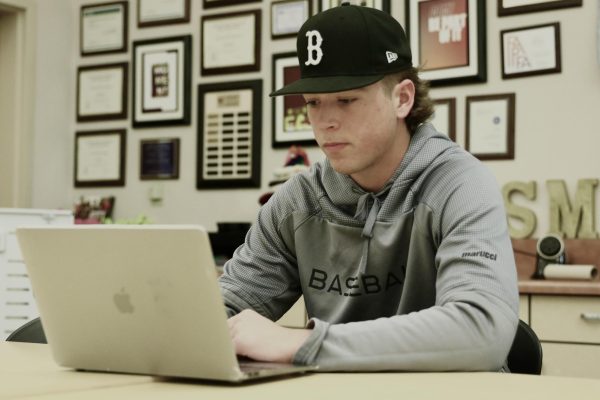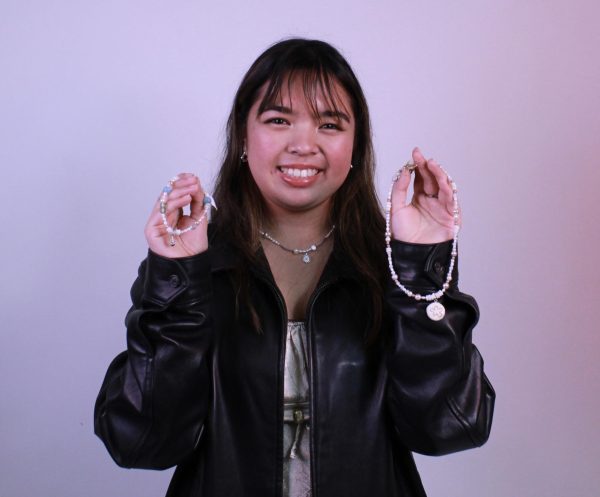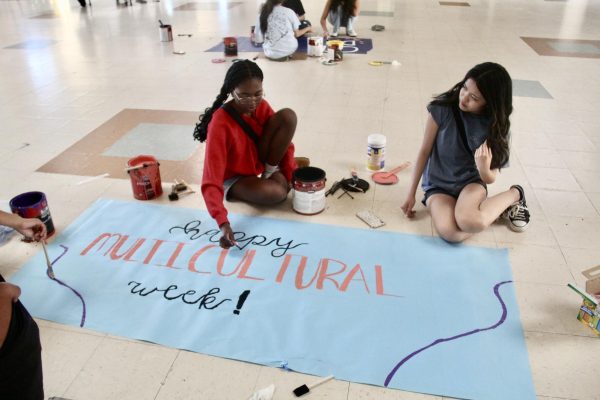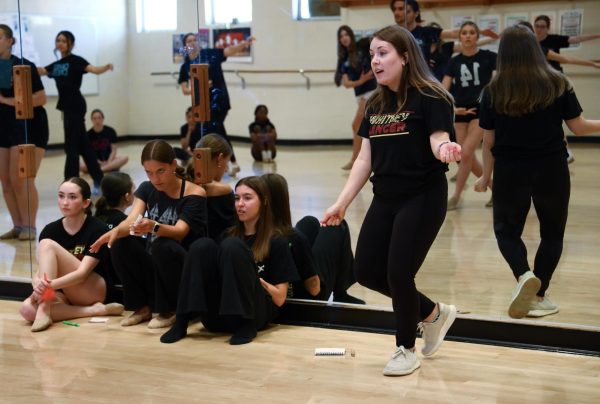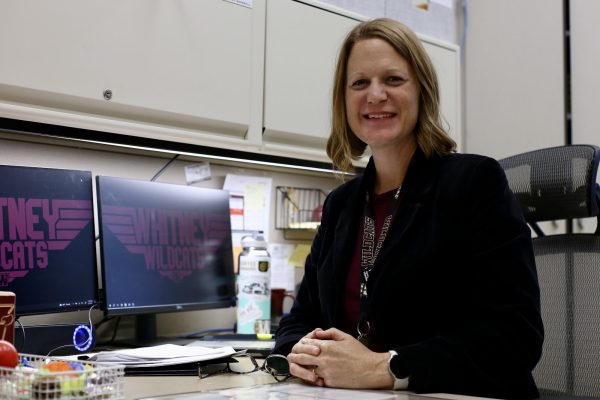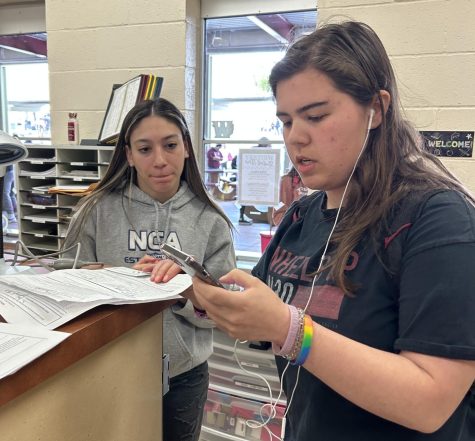Mr. Guy Morrow defines support in the classroom
During eighth period study skills, Mr. Guy Morrow talks about peer pressure.
After packing and selling his house, Mr. Guy Morrow moved his wife and two kids to Rocklin. He decided to grant his wife’s wishes and move to Rocklin where she can pursue her dream of being a stay-at-home mom.
“We’re from the Bay Area, where I worked at a children’s health council in Palo Alto. I worked at Alum Rock Unified School District in San Jose, Newark Memorial High School in Newark. My wife and I both teach but I also have two kids, one is almost 2 and the other 8. We sold our house in the Bay Area and moved here and bought a house and she can stay at home now,” Morrow said.
Morrow found his passion for special education in college working at a residential program for children with autism.
“I really liked it so I started taking some classes that were associated with kids with disabilities and started doing well in those classes. And with emphasis in emotional disorders and learning disabilities,” Morrow said.
Morrow teaches three classes: study skills, transitional living and co-teaches ERWC, a language arts class, with Mrs. Jennifer Davis. When teaching he believes in the importance of going the extra mile to connect with his students and understands that not every student learns the same way.
“Every individual is unique and has their own unique need, and you just really have to build a relationship with these students and get to know them before you can really help them,” Morrow said.
Morrow explains what special education means to him, which might differ from what students think.
Morrow said, “Special education is like an umbrella of services. There are kids that need extra support in academics, or maybe they need extra support in emotional health, or maybe they need extra support with physical health. Special education provides support services to individuals wherever they need extra support. So it’s not like it’s a special ed classroom, it’s a system of support services and I think that’s important for people to understand. It’s not just working with kids with learning disabilities but emotional disabilities.”
by EMC COWLES,EMMA KACHMAR, KELLEN O’BRIEN LIZZIE SALVATO, KELLEN OBRIEN

